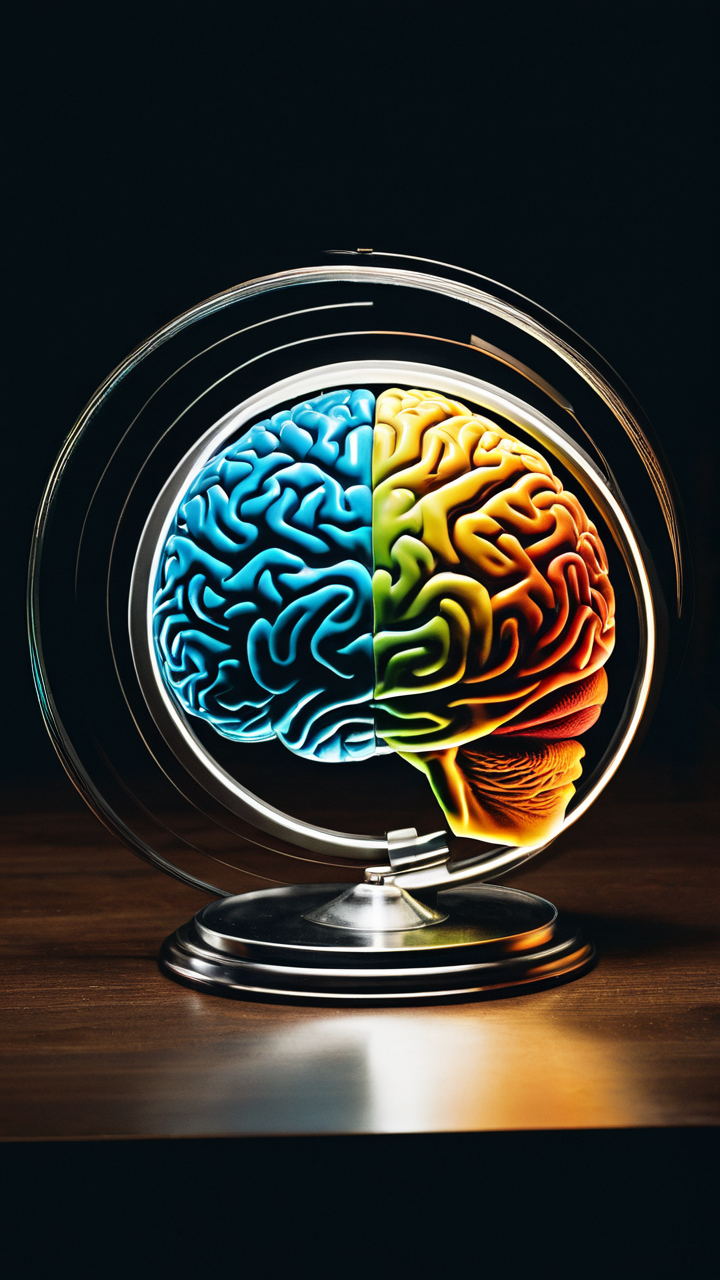
Why is this important for our future?
The Allure of Precognition: Dreams and Déjà Vu
The human mind has always been captivated by the possibility of predicting the future. From ancient oracles to modern-day psychics, the quest to glimpse beyond the veil of time persists.
One of the most compelling avenues of exploration lies in the realm of precognitive dreams – those vivid, detailed dreams that seem to foreshadow future events.
While anecdotal evidence abounds, the scientific community remains largely skeptical, yet intrigued.
Many dismiss these experiences as mere coincidence or confirmation bias, where we selectively remember instances that align with our expectations and forget the countless dreams that don’t materialize.
However, the sheer volume of reported precognitive experiences warrants further investigation.
Consider the classic example of Abraham Lincoln’s dream before his assassination, or countless personal accounts of individuals dreaming of accidents or unexpected events before they happened.
These stories, while compelling, need rigorous scientific scrutiny.
Neuroscience and the Potential for Precognitive Processing
The neurological underpinnings of potential precognition remain largely a mystery. However, some neuroscientists suggest that certain brain processes might play a role.
For example, the default mode network (DMN), a brain network active during mind-wandering and daydreaming, might be involved in processing information in non-linear ways, potentially accessing future possibilities.
Research on altered states of consciousness, such as those induced by meditation or sleep, could shed light on how brain activity outside of typical waking states might influence perception of time and access to future events.

• the concept of “retrospective prediction” offers a potential alternative explanation. This theory suggests that our brains might unconsciously process information from our environment in a way that makes future events seem predictable.
We might be subconsciously picking up on subtle cues and clues that our conscious mind doesn’t register, leading to the feeling of premonition.
For example, noticing subtle changes in someone’s behavior might subconsciously lead to a dream predicting an argument.
Exploring the Evidence: Anecdotes vs. Scientific Rigor
While compelling anecdotes fuel the fascination with precognition, robust scientific evidence remains scarce. The challenge lies in designing studies that can objectively measure and validate these subjective experiences.
The inherent difficulty in predicting specific future events, coupled with the limitations of current research methodologies, makes it challenging to definitively prove or disprove the existence of precognition.
However, researchers are exploring new approaches using advanced neuroimaging techniques and sophisticated statistical analysis to further investigate these phenomena.
One promising area involves studying the correlation between specific brainwave patterns during sleep and the subsequent occurrence of events dreamed about.
The Role of Intuition and Subconscious Processing
Beyond precognitive dreams, our brains seem to possess a remarkable ability to anticipate events intuitively. This “gut feeling” or intuition often leads to decisions that seem remarkably accurate, even in the absence of conscious reasoning.
This intuitive sense might be explained by our brain’s subconscious processing of vast amounts of information, allowing it to identify patterns and make predictions that our conscious mind is unaware of.
This subconscious processing power is akin to a powerful computer running complex algorithms in the background, constantly analyzing data and drawing conclusions.

This subconscious processing is constantly at work, integrating information from our senses, memories, and emotions to create a comprehensive understanding of our environment and the potential consequences of our actions.
This allows us to make quick, effective decisions, often with greater accuracy than conscious deliberation alone.
Conclusion: Embracing the Mystery, Pursuing the Science
The question of whether our brains can truly predict the future remains open for debate. While conclusive scientific evidence is still lacking, the intriguing possibilities and the rich anecdotal accounts continue to fuel scientific curiosity.
By combining rigorous scientific investigation with an open mind, we can continue exploring the fascinating intersection of consciousness, neuroscience, and the seemingly impossible.
Whether it’s precognitive dreams or intuitive insights, our brains possess a remarkable capacity for processing information in ways we are only beginning to understand.
Further research using advanced neuroimaging and experimental designs might offer greater insight into the true nature of these phenomena.
What questions do you have about this?



